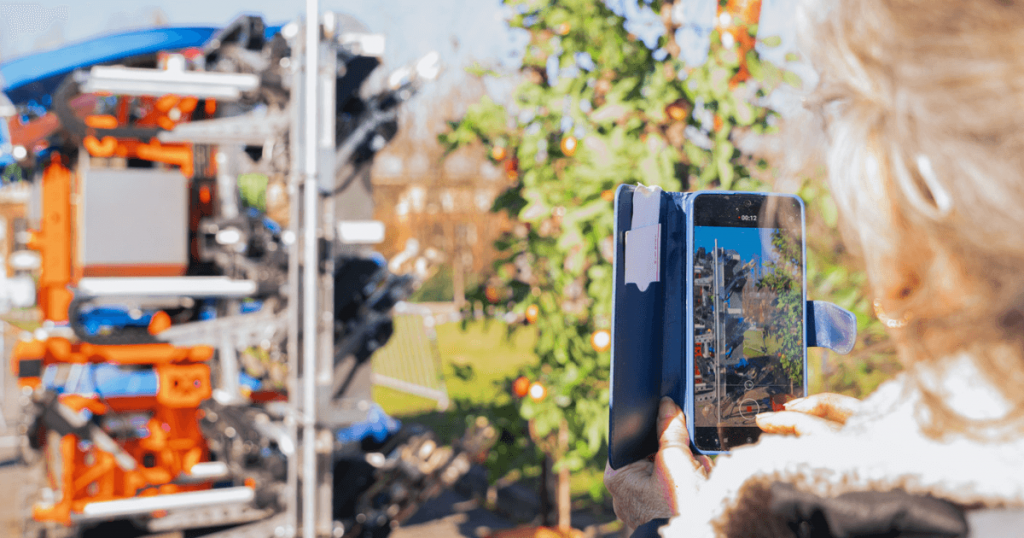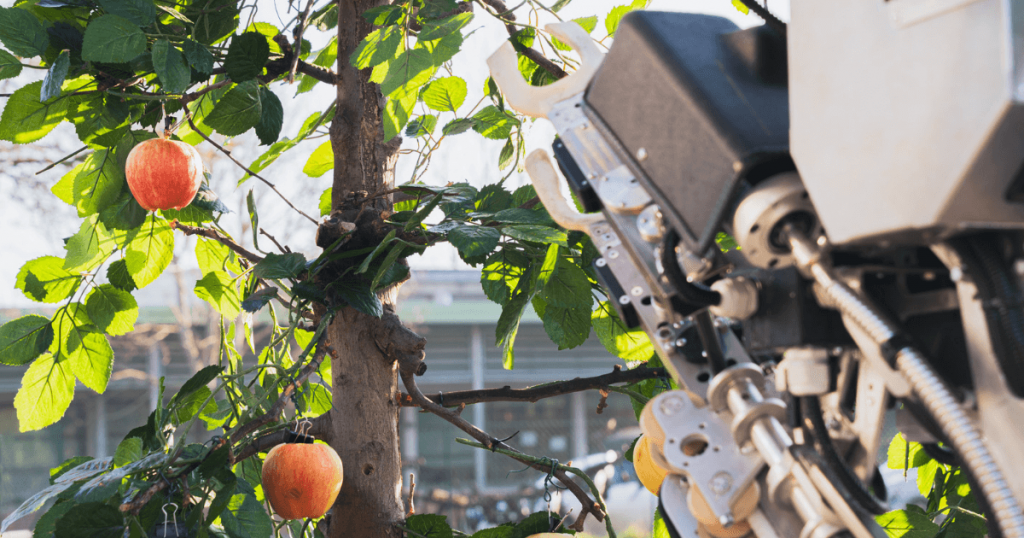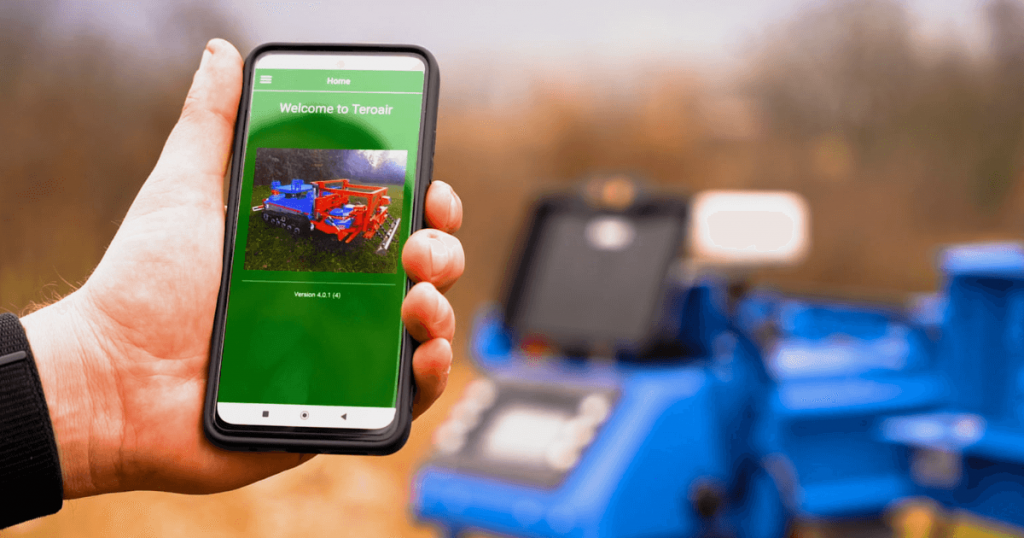How Is Autonomous AgTech Transforming Farming?
The agricultural world is experiencing a profound transformation, driven by cutting-edge technology. As the global population swells, the demand for food production rises sharply, placing unprecedented pressure on farmers to cultivate more sustainably and efficiently. Enter autonomous agriculture technology—an innovative frontier that is revolutionizing farming through drones, robotic systems, and autonomous tractors. Let’s explore how these advancements are reshaping the agricultural landscape for the better!
What is Autonomous Agriculture Technology?
At its heart, autonomous agriculture technology leverages the power of artificial intelligence (AI), machine learning, GPS, and advanced sensors to minimize the need for human intervention in farming processes. From planting to harvesting, these technologies are designed to enhance the efficiency, intelligence, and sustainability of agriculture.
Key Innovations Driving Change
1. Autonomous Machinery: Picture tractors that can plow, seed, and harvest with no driver in sight! These remarkable machines operate continuously, boosting efficiency and easing the labor burden on farmers.
2. Drones: Equipped with high-tech cameras and sensors, drones monitor crop health, evaluate field conditions, and even apply fertilizers or pesticides. They deliver real-time data, empowering farmers to make swift, informed decisions.
3. Robotic Systems: Innovations like the Slopehelper and Agilehelper tackle labor-intensive tasks such as mowing and pruning. These robots not only save time but also drastically reduce reliance on manual labor.
4. Data Analytics: Advanced data analytics platforms enable farmers to optimize yields and resource usage. By sifting through extensive data, these systems support smarter decision-making.
5. Smart Sensors: IoT sensors keep a watchful eye on everything from soil moisture to weather conditions, ensuring crops receive the precise amounts of water and nutrients when needed.

Why Farmers are Embracing This Technology
The benefits of adopting autonomous agriculture technology are compelling:
• Boosted Productivity: Machines that work around the clock allow farmers to significantly increase efficiency and output.
• Cost Savings: Decreased dependence on human labor translates to lower operational costs, essential in an industry often plagued by labor shortages.
• Precision Farming: AI-driven systems guarantee that every drop of water and ounce of fertilizer is used wisely, leading to higher yields and less waste.
• Lower Environmental Impact: Electric and efficient machinery reduces emissions and minimizes pesticide and water usage, promoting greener farming practices.
• Enhanced Safety: Automating hazardous tasks lowers risks for workers, fostering safer farming environments.
A Glimpse into the Future
Looking ahead, the vision of fully autonomous farms is becoming increasingly realistic. By 2040, advancements in AI and robotics could enable sustainable solutions to meet the world’s food demands, addressing the complex challenges of modern agriculture.
The Era of Smart Farming
This integration of technology into agriculture, often termed “smart farming” or “precision agriculture,” paves the way for more efficient, sustainable, and productive practices. Key technologies transforming the industry include:
• Autonomous Machinery: Robots like Slopehelper and Agilehelper autonomously perform essential tasks, reducing costs and enhancing operational efficiency.
• Drones: Drones equipped with sensors gather vital data on crop health and field conditions.
• GPS and GNSS Technologies: These ensure optimal utilization of every part of the field, cutting down waste and maximizing yields.
• IoT and Sensors: Continuous monitoring of soil moisture and nutrient levels enhances resource optimization.
• Weather Stations: These predict conditions, aiding in better planning for irrigation and harvesting.
• AI and Big Data: Analyzing vast datasets provides invaluable insights for crop management and resource efficiency.
• Biotechnology: Developing genetically modified crops resilient to pests and harsh conditions results in higher yields with reduced chemical use.

Embracing the Total Agricultural Cycle
The Slopehelper autonomous low-voltage robotic system revolutionizes farming by supporting the entire agricultural cycle. Here are some key advantages:
• Autonomous Operation: The system minimizes workforce challenges while providing real-time feedback through the TeroAIR application.
• Comprehensive Tools: Slopehelper includes all necessary instruments for a complete agricultural cycle, ensuring efficiency and high-quality results.
• Cost Efficiency: Users can achieve operational costs up to three times lower than traditional methods, with significantly reduced initial investments.
• Sustainability: The Slopehelper system is 100% environmentally friendly, aligning with green regulations without extra costs.
• Seamless Transition: Smooth integration with Agriculture 4.0 principles modernizes operations without disruptive investments.
• Adaptability: Designed for various weather conditions and terrains, the Slopehelper ensures continuous year-round operation.
• Modular Expansion: Users can begin with essential operations and expand as needed, allowing for flexible growth.
• Soil Integrity: The system promotes sustainable practices by minimizing soil pressure.
Game-Changing Equipment
• Drum Mulcher: Efficiently mulches branches and debris, enhancing soil health and reducing waste.
• Apple Picker: Replaces seasonal labor by performing the work of six workers with precision and care.
• Multi-Level Harvesting Set: Allows for efficient loading and unloading across various height levels, providing a cost-effective alternative to traditional machinery.
• Grape Picker: This non-shaking grape picker preserves grape integrity, making it ideal for premium wine production.
• Advanced Spraying Solution: Ducted fan sprayers provide unparalleled coverage, equipped with gravity-stabilized tanks for extended operations.
• Fertilizer Management: The pneumatic fertilizer system features precise control and substantial capacity for optimal nutrient distribution.

Smart Management with TeroAir
The TeroAir application connects farmers to their vehicles and equipment in real-time, featuring:
• Real-Time Monitoring: Track operational status and receive data-driven insights from the field, enhancing decision-making.
• Expert Consulting: Collaborate with agronomists for tailored solutions to boost productivity and crop health.
• Cloud Data Storage: Securely store and access agronomic data, enabling comprehensive analysis for future planning.
The Slopehelper robotic agrosystem offers a streamlined, efficient approach to modern agriculture, making it easier for farmers to manage operations while enhancing productivity and sustainability. With its intuitive deployment, advanced features, and integration with smart management systems like TeroAir, Slopehelper is set to transform the agricultural landscape. Embrace the future of farming and optimize every season with the Slopehelper agro-system!